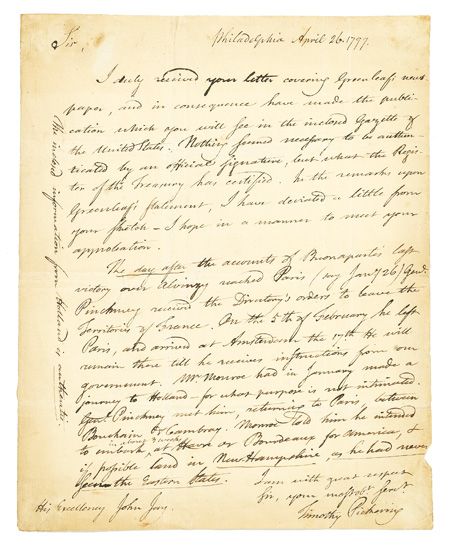Sale 2228 - Lot 20
Price Realized: $ 2,460
?Final Price Realized includes Buyer’s Premium added to Hammer Price
Estimate: $ 3,500 - $ 5,000


Aliquam vulputate ornare congue. Vestibulum maximus, libero in placerat faucibus, risus nisl molestie massa, ut maximus metus lectus vel lorem.